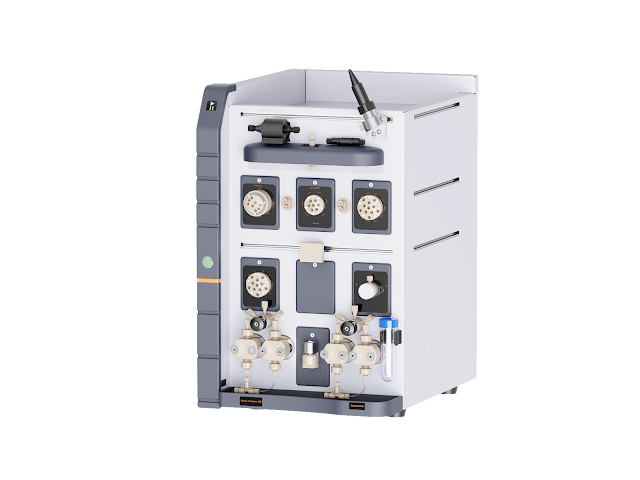Enhancing Protein Purification with Fast Protein Liquid Chromatography
Protein purification is a crucial process in biochemistry and molecular biology, enabling the isolation of specific proteins from complex mixtures. This process is essential for studying protein structure, function, and interactions. Purified proteins are necessary for various applications, including drug development, enzyme studies, and structural biology. The ability to isolate proteins with high purity is fundamental to advancing scientific knowledge and applications.

Methods of Protein Purification
Several methods are used for protein purification, including precipitation, centrifugation, and chromatography. Chromatography, in particular, offers high specificity and resolution, making it a preferred choice for purifying proteins. Each method has its advantages and limitations, depending on the nature of the protein and the desired purity. Combining multiple methods can enhance the overall efficiency and yield of the purification process.
Role of Fast Protein Liquid Chromatography
Fast Protein Liquid Chromatography (FPLC) is a specialized form of liquid chromatography designed for protein purification. FPLC systems operate at lower pressures than high-performance liquid chromatography (HPLC), making them suitable for delicate protein molecules. This technique ensures high purity and yield of the target protein. FPLC is widely used in both research and industrial settings due to its efficiency and reliability. The ability to handle large sample volumes is another advantage of FPLC systems.
Applications of FPLC in Research
FPLC is widely used in both academic and industrial research settings. It is essential for the production of recombinant proteins, purification of antibodies, and characterization of protein complexes. The technique's ability to handle large volumes and achieve high resolution makes it invaluable for protein research. FPLC is also used in the pharmaceutical industry for the development and production of biopharmaceuticals. Its versatility and reliability make it a staple in many laboratories.
Advantages of FPLC
FPLC offers several advantages, including gentle handling of proteins, high reproducibility, and the ability to separate proteins based on various properties such as size, charge, and affinity. These features make FPLC a versatile tool for purifying a wide range of proteins. The automated nature of FPLC systems reduces the risk of human error and increases the efficiency of the purification process. Additionally, FPLC can be easily scaled up for industrial applications, making it suitable for both small-scale research and large-scale production.

Conclusion
Protein purification, facilitated by techniques like fast protein liquid chromatography, is vital for advancing our understanding of biological processes. FPLC provides researchers with the tools to isolate and study proteins with high precision and efficiency. As technology evolves, FPLC systems will continue to improve, offering even greater capabilities. For more information on advanced protein purification systems, visit inscinstech.com.cn.
.jpg)

Comments
Post a Comment